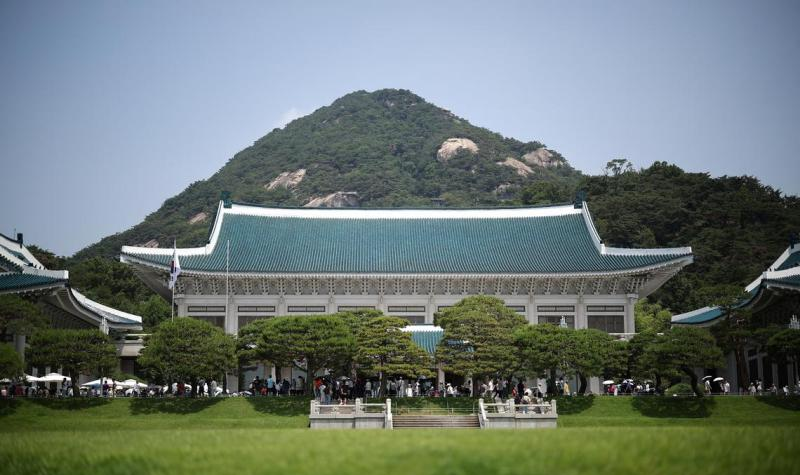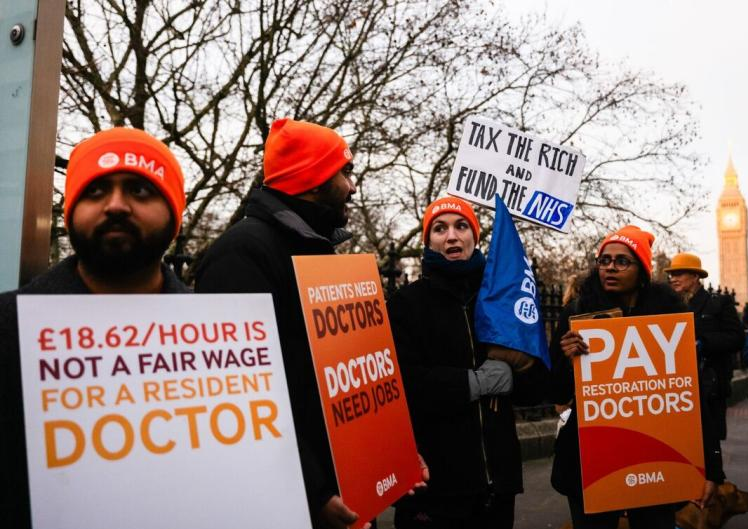
South Korea plans to accelerate trade negotiations with the United States and believes that US President Trump's announcement of imposing a 25% tariff on South Korean imports starting from August 1st actually extends the grace period for equivalent tariffs. The unilateral tariff rate announced by the United States to Japan is also 25%.
Reuters reported that South Korea's Ministry of Trade, Industry and Energy issued a statement on Tuesday (July 8) saying: "We will step up negotiations with the United States in the remaining time to reach a mutually beneficial outcome and thus quickly resolve the uncertainties brought about by tariffs."
The statement said: "We also plan to take this as an opportunity to improve the domestic system and regulations to address the trade deficit issue that the United States is mainly concerned about, and to promote the development of key industries through the manufacturing revival partnership between the two countries."
On July 7th, Trump successively released on the social media platform Truth social the letters he wrote to the leaders of 14 countries including Japan, South Korea, Malaysia, Kazakhstan, South Africa, Laos, Myanmar, Tunisia, Bosnia and Herzegovina, Indonesia, Bangladesh, Serbia, Cambodia and Thailand, expounding the reasons for taxation. And it was indicated that the new tariffs would not include tariffs on other industries.
In these almost identical letters, Trump warned the leaders of the recipient countries that if they wanted to raise tariffs in response, the United States would increase tariffs by the same amount on top of the current rate. At the same time, if these countries or their enterprises decide to produce products within the United States, they will not be subject to tariffs. If the relevant countries open their domestic markets to the United States and eliminate both tariff and non-tariff trade barriers, then "we may adjust the content of this letter. The relevant tariff rates can be raised or lowered, depending on the relationship between our countries."
Trump signed an executive order on the same day, extending the 90-day grace period for the "reciprocal tariff" and postponing its implementation from July 9 to August 1.

Junior doctors in the UK officially launched a five-day strike on Wednesday (December 17th).
Junior doctors in the UK officially launched a five-day str…
The Thai Pride Party is considering nomasting three candida…
With the continuous intensification of international sancti…
With $15.82 billion in sales and a 108% year-over-year incr…
According to the South Korean media Dealsite, the recent te…
The current geopolitical conflicts around the world are oft…